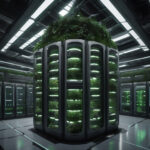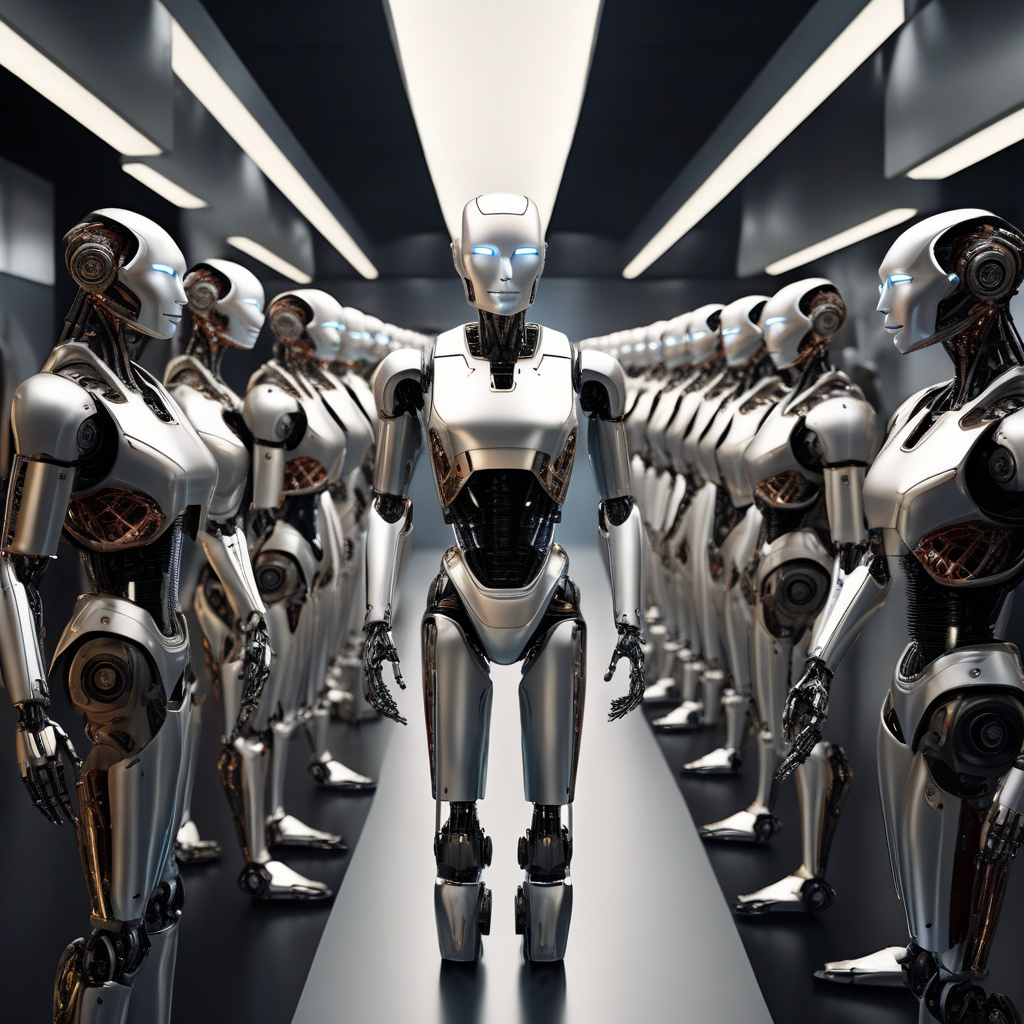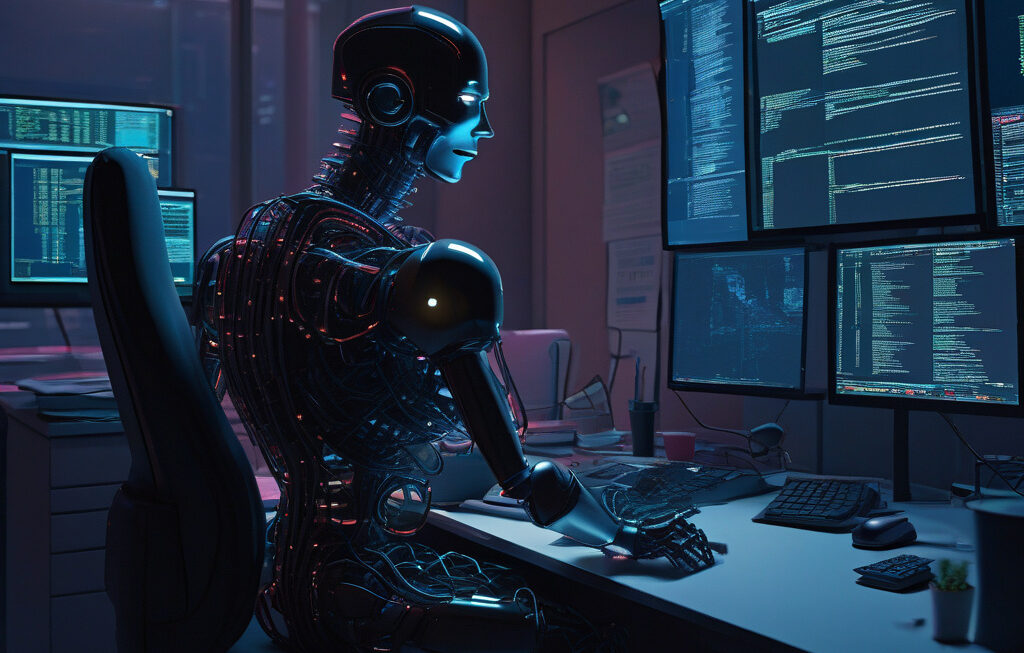Elon Musk’s humanoid robot army could cripple due to China’s rare earth crackdown
The future of household help, even factory work, might be facing an unexpected delay. Tesla’s CEO, Elon Musk, recently announced the development of a humanoid robot designed to handle tasks that are unsafe, repetitive, or boring for humans. However, Musk’s ambitious plan could face a significant obstacle due to China’s rare earth crackdown.
Rare earth elements are crucial components in the production of electric vehicles, renewable energy technologies, and various high-tech gadgets. China is the leading producer of rare earth elements, controlling a significant portion of the global market. In recent years, there has been growing tension between China and the United States over the supply and demand of these critical resources.
As Elon Musk aims to revolutionize the robotics industry with his humanoid robots, the reliance on rare earth elements becomes a pressing issue. The production of advanced robotics requires a complex supply chain that hinges on access to rare earth elements. If China decides to restrict the export of these critical resources, it could have a crippling effect on Musk’s vision of a humanoid robot army.
The implications of China’s rare earth crackdown extend beyond Tesla’s robot ambitions. Many other industries, including defense, electronics, and telecommunications, rely on rare earth elements for their operations. A disruption in the supply chain could lead to widespread delays in production, increased costs, and a potential setback in technological advancement.
To mitigate the risks associated with China’s rare earth crackdown, companies like Tesla may need to explore alternative sources of rare earth elements. One potential solution is to invest in recycling technologies that can extract rare earth elements from electronic waste. By recycling and reusing these critical resources, companies can reduce their dependence on foreign suppliers and ensure a more sustainable source of rare earth elements.
Furthermore, governments and industry leaders must work together to develop strategies for diversifying the rare earth supply chain. This could involve investing in domestic production facilities, supporting research and development in alternative materials, and fostering international cooperation to ensure a stable supply of rare earth elements for future technologies.
In conclusion, Elon Musk’s vision of a humanoid robot army could face challenges due to China’s rare earth crackdown. The reliance on these critical resources highlights the importance of securing a stable supply chain for the production of advanced technologies. By addressing these challenges proactively and collaboratively, companies can navigate the complexities of the rare earth market and ensure a sustainable future for innovation and technological advancement.
Elon Musk, humanoid robot, China, rare earth, technology












